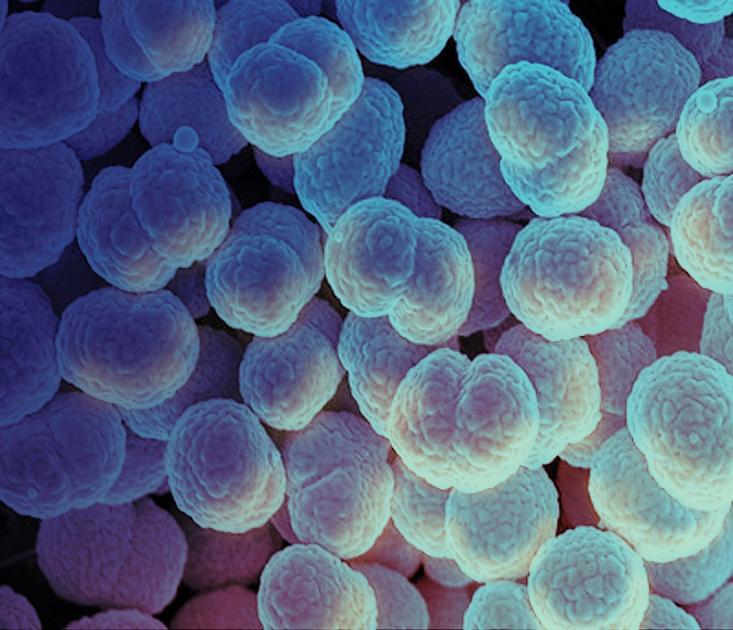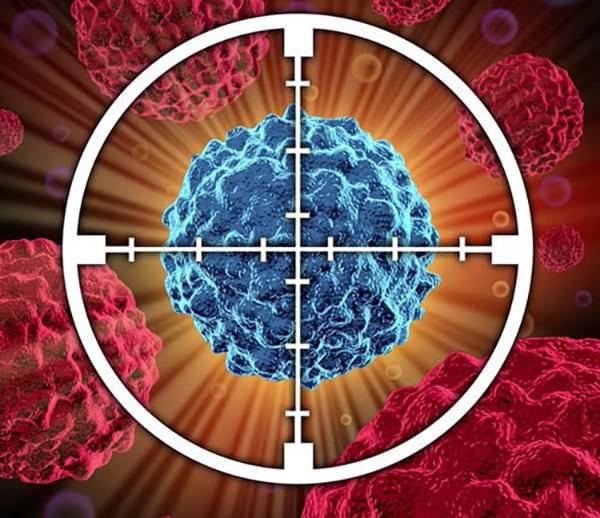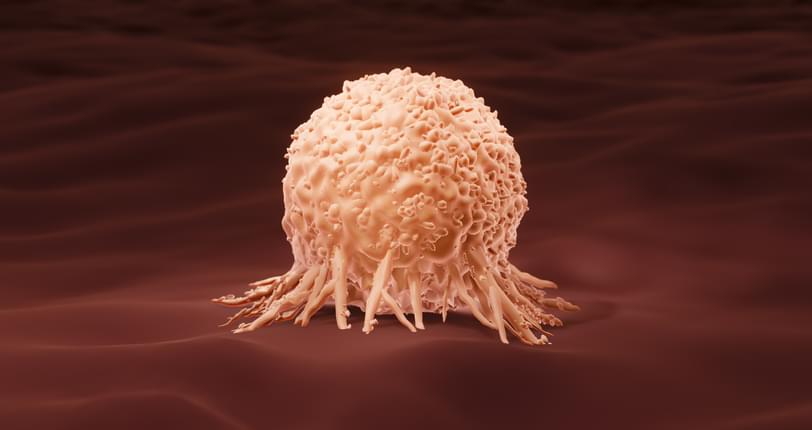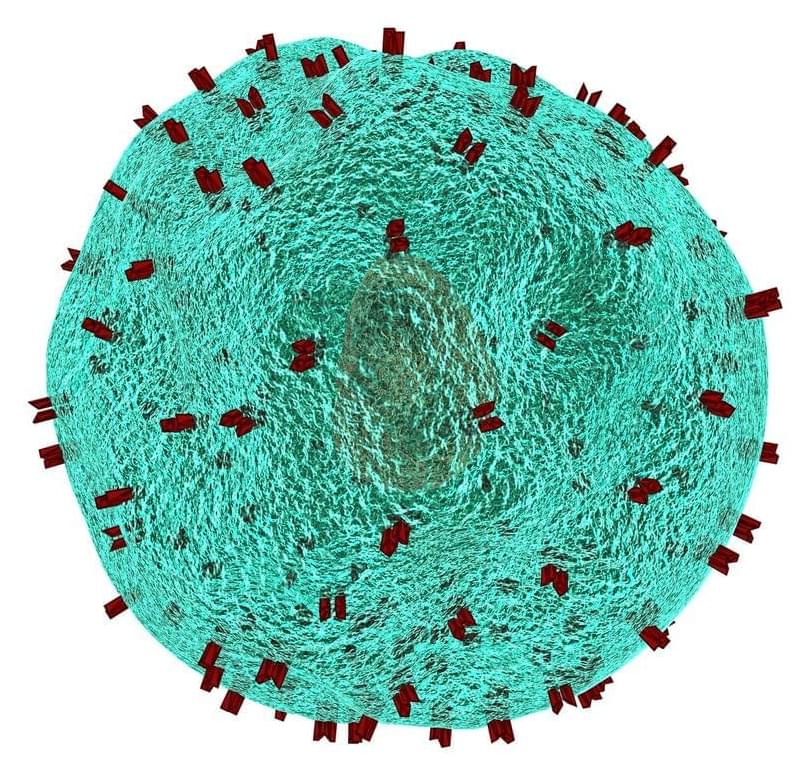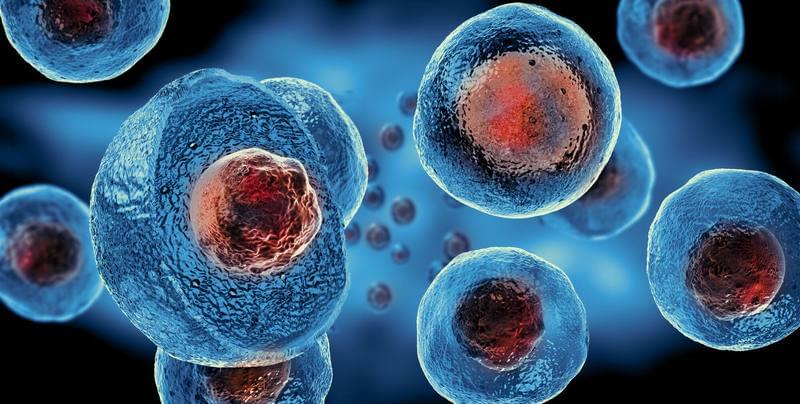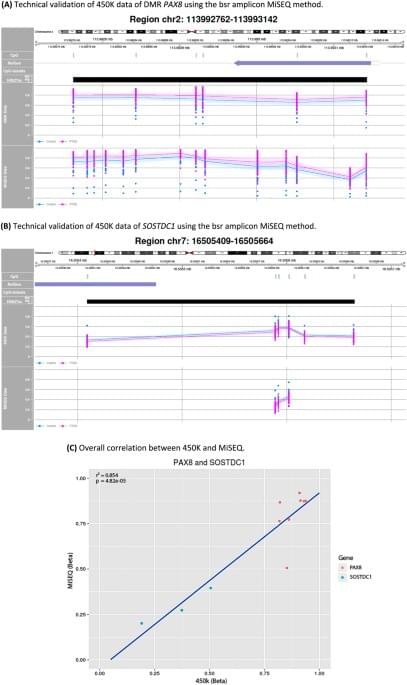Nov 3, 2023
CRISPR’s Next Advance Is Bigger Than You Think
Posted by Shubham Ghosh Roy in categories: biotech/medical, neuroscience
You’ve probably heard of CRISPR, the revolutionary technology that allows us to edit the DNA in living organisms. Biochemist and 2023 Audacious Project grantee Jennifer Doudna earned the Nobel Prize for her groundbreaking work in this field — and now she’s here to tell us about its next world-changing advancement. She explains how her team at the Innovative Genomics Institute is pioneering a brand new field of science — precision microbiome editing — that uses CRISPR in an effort to solve seemingly insurmountable problems like asthma, Alzheimer’s and climate change.
This ambitious idea is part of the Audacious Project, TED’s initiative to inspire and fund global change.
If you love watching TED Talks like this one, become a TED Member to support our mission of spreading ideas: https://ted.com/membership.
Continue reading “CRISPR’s Next Advance Is Bigger Than You Think” »

